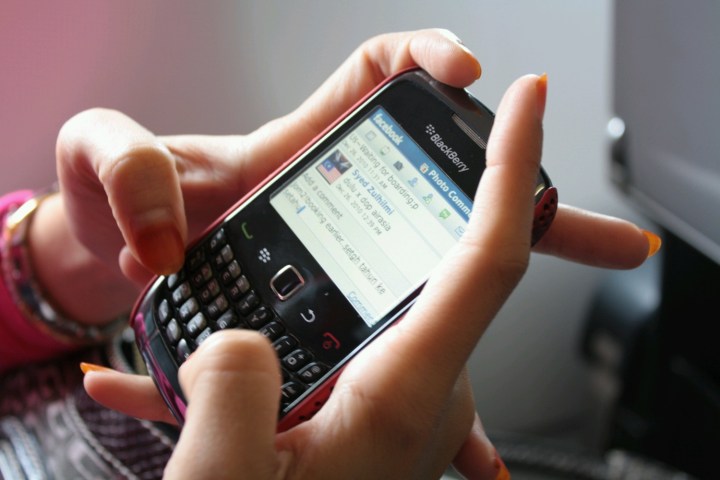
At blame for the change is Blackberry, reportedly. The Canadian manufacturer has “discontinued” production of “all BlackBerry OS 10 devices” — the only BlackBerry phones on offer in Congress’s internal electronics catalog. “BlackBerry devices supports will continue for the foreseeable future,” the memo read, “[but] once we have exhausted our current in-house stock, new device procurement will be limited, while supplies last, to warranty exchanges only.”
In the early 2000s, BlackBerrys quickly came to dominate the pockets of Capit0l Hill aides, thanks to their robust messaging features and long battery life. The handsets’ signature textured keyboards held appeal, too — due to their unmatched ability to ease the many cumbersome secretarial demands of Senate staffers — as did the Blackberry’s robust privacy features. And from a more pragmatic standpoint, many BlackBerries were cheaper than other phones, and were supplied to agencies as part of yearslong contracts. It’s a fact of which BlackBerry was all too aware. “The federal government is a very important market to us and will continue to be. It is our core strength,” Blackberry exec Scott Totzke told The Washington Post in 2012.
But the market has since passed Blackberry by — competitors like Apple and Samsung chipped away at the company’s toehold as their offerings approached feature parity (and consumers acclimated to the idea of phones without physical keyboards). The newest iPhone’s battery life is on a par with most Blackberry 10 devices. The Galaxy S7 supports KNOX, Samsung’s end-to-end security solution. And both support almost practically every messaging and email platform under the sun.
But many lawmakers, stubborn to the end, clung to their familiar BlackBerrys. A 2012 National Journal survey showed that 77 percent of Senate staffers used the aging phones — among them President Barrack Obama and much of the White House staff. That said, signs of change are in the air: a recent report by The Hill found that of 102 lawmakers surveyed, 71 percent used iPhones — more than double the percentage (28) that still relied primarily on a BlackBerry.
The recent change in policy, no doubt, will help drag the remaining holdouts kicking and screaming into the brave new world of iPhones and Android phones. But considering Blackberry’s commitment to Android — its latest Priv handset ran


